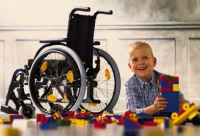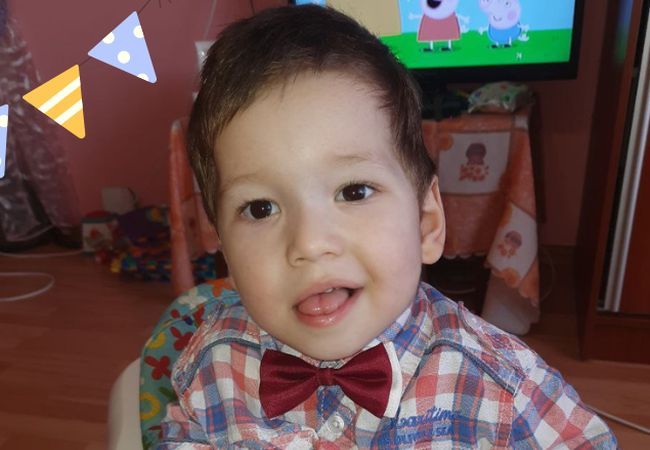Today we visited Caritas Children's Town in Irschenberg, Germany. In the context of the difficult conditions in which Ukrainian foster families (FF) and live and work family-type children's homes (FTCH), it was very interesting to see the German experience.
What can I tell you - Ukrainians still have a lot of work to do in order for the care of orphans to reach such a level. The differences are large both in material terms and in terms of social and psychological support for families.
Employees Hannes and Geralf kindly showed us the houses and the territory, and told us about many nuances of the work of this organization.
The moments I remembered the most (and in brackets, for comparison - the situation in Ukraine):
- no more than 6 children live in a foster family in a village with a "mother" as a teacher, in a spacious, comfortable, but not too luxurious house (in Ukraine, 10, and sometimes more, children can live in one FTCH, many houses have insufficient space and equipment);
- there are houses where more difficult children live, who have difficulties in adapting to the family. Therefore, it is not mothers who stay there with children, but educators. No more than 8-9 children live in one such house (it is more like a small group house (SGH) - institutions that are just beginning to appear in Ukraine );
- maintenance of one child on average over 200 euros per day, or over 6,000 euros per month, including staff costs, etc.; (in Ukraine - approximately 250 euros per month);
- on weekdays, in order to facilitate the work of parents, separate staff prepares lunches in the common kitchen and delivers them to houses; breakfasts, dinners and meals on weekends are the responsibility of families;
- foster parents also have weekends and vacations, during which children are supervised by substitute educators (in Ukraine, foster parents do not have rest or weekends);
- parents-educators have their own office and rest room (most often we don't have this);
- in semi-basement rooms in every building - playrooms or small gyms (most FF and FTCH do not have such rooms);
- the houses are located in a circle, in the center of the circle - children's and sports grounds, a small reservoir with an artificial stream and a water playground;
- in the house, the younger children usually live 2 people in a room, the older ones each have their own separate room;
- next to the children's village - its own small correctional school and kindergarten. Not only children from the village go to this school, but also other children from neighboring towns;
- children and parents are constantly assisted by psychologists and social pedagogues, employees of the children's village (in Ukraine, assistance is rare and does not withstand criticism, especially in rural areas where there are no specialists);
- separate work is conducted with biological parents, a fairly large percentage of children are returned to their families (in Ukraine, such work is practically not conducted);
- children can live in the village for up to 20 years or more, if they continue their education. As they enter adulthood, they are supported.
Conclusions:
The system of FF and FTCH, which is being created in Ukraine, is suffering from a huge lack of resources. Both materially and in terms of social and psychological support, our families live "on the edge". With the beginning of the war, the situation only became more complicated. Social services lost employees who went abroad. Social benefits have lost 30-40% of their purchasing power; tens, if not hundreds, of families lost their homes or remained in occupation.
At the same time, neighbors, some teachers and even officials allow themselves to believe that FF and FTCH are rich families who "profit" from children.
Is there light at the end of the tunnel? I am sure that it is, if foster parents, employees of children's services, volunteers and employees of foundations show more activity, and zealously go to the goal. If Ukraine wins and overcomes all the difficulties associated with the war, it will be able to overcome corruption and flawed thinking.
If adoptive parents stop "cramming" their FTCH under a blindfold and even more, and really begin to evaluate their strengths.
Everything depends on us, and only on us.










